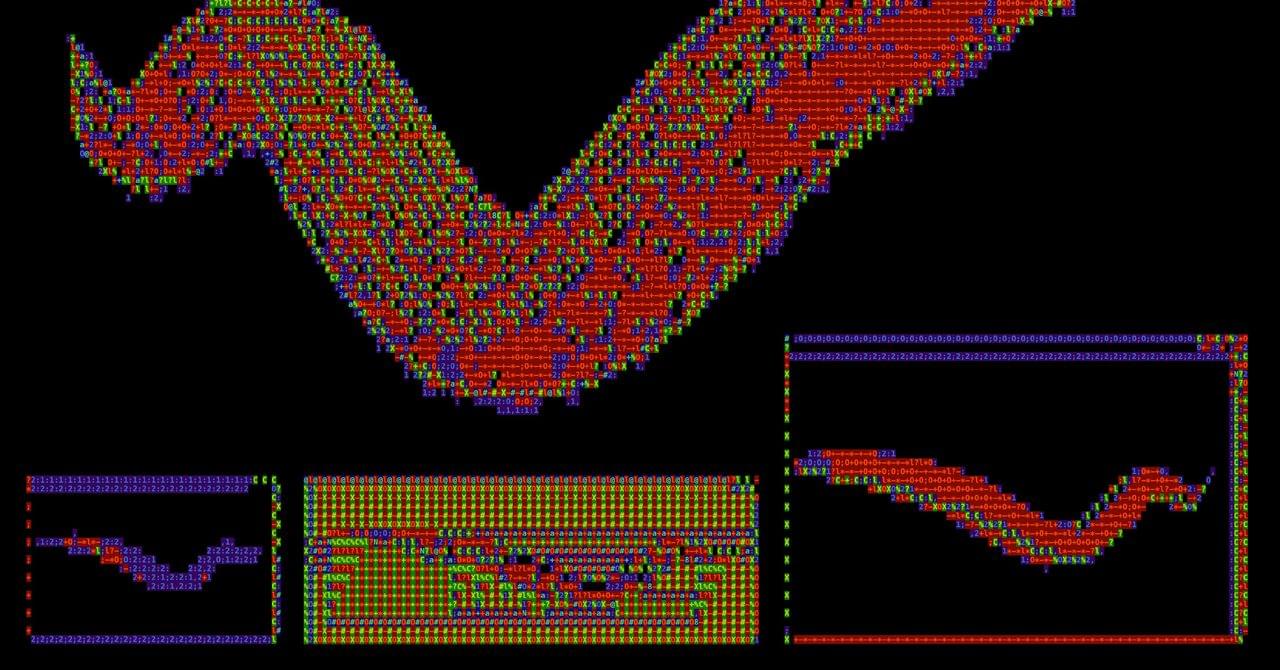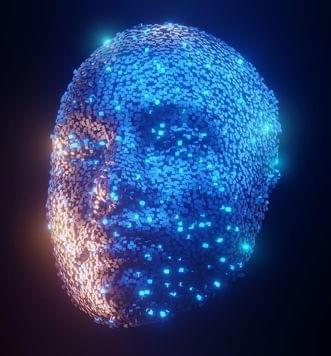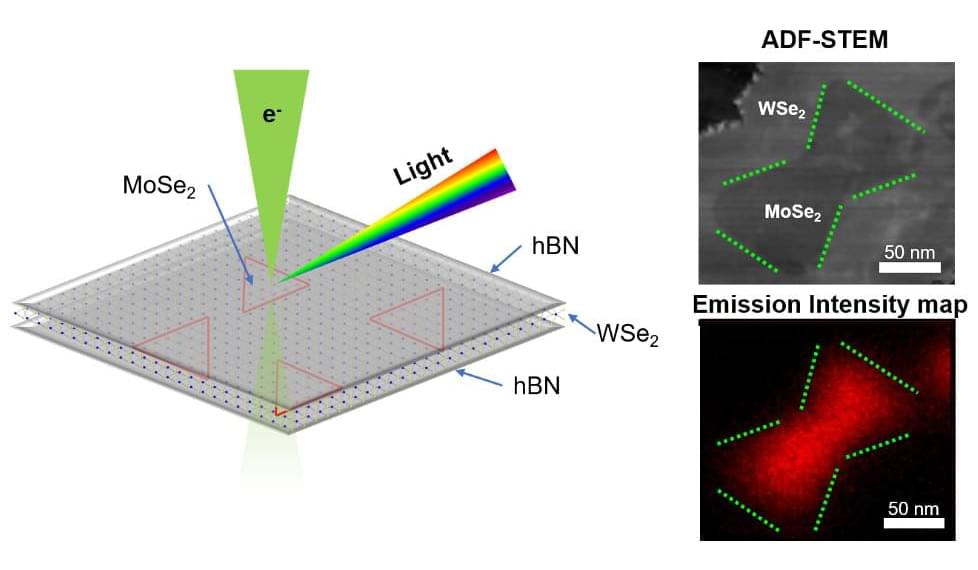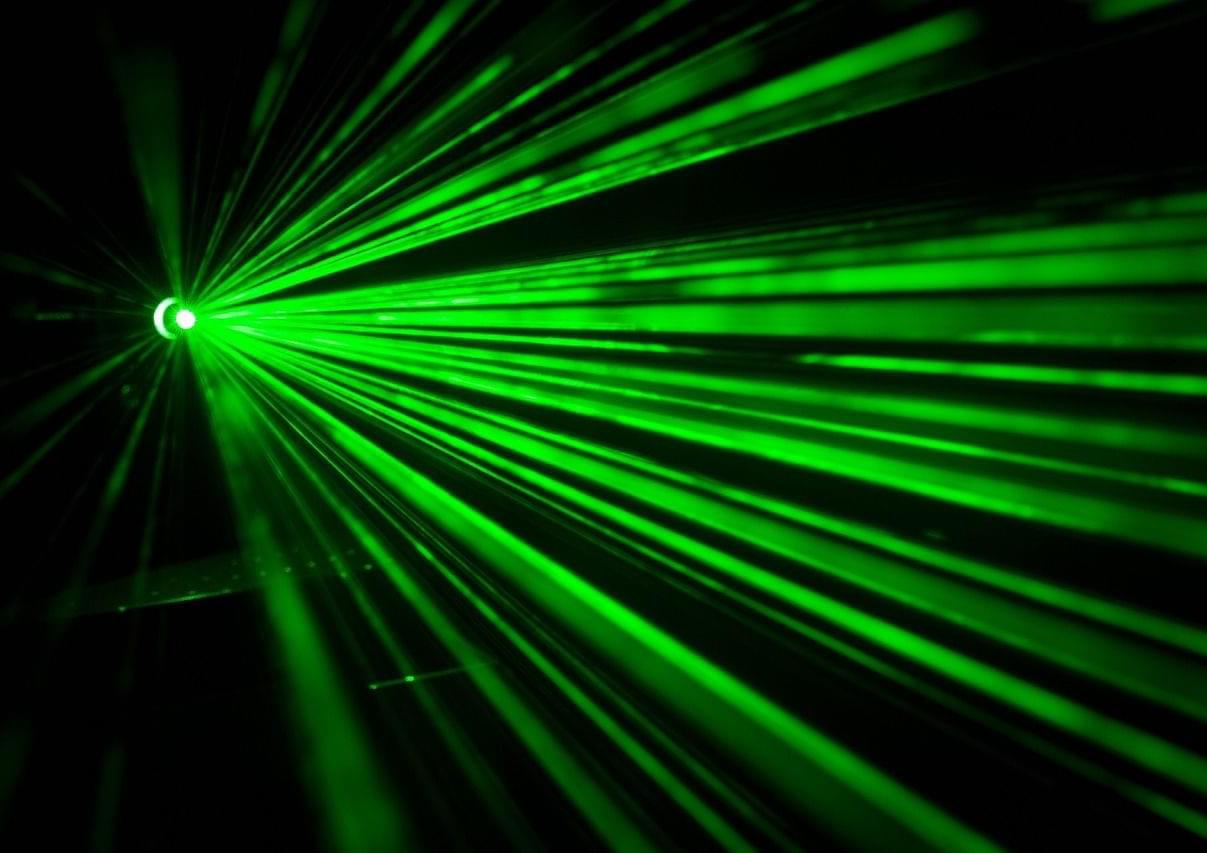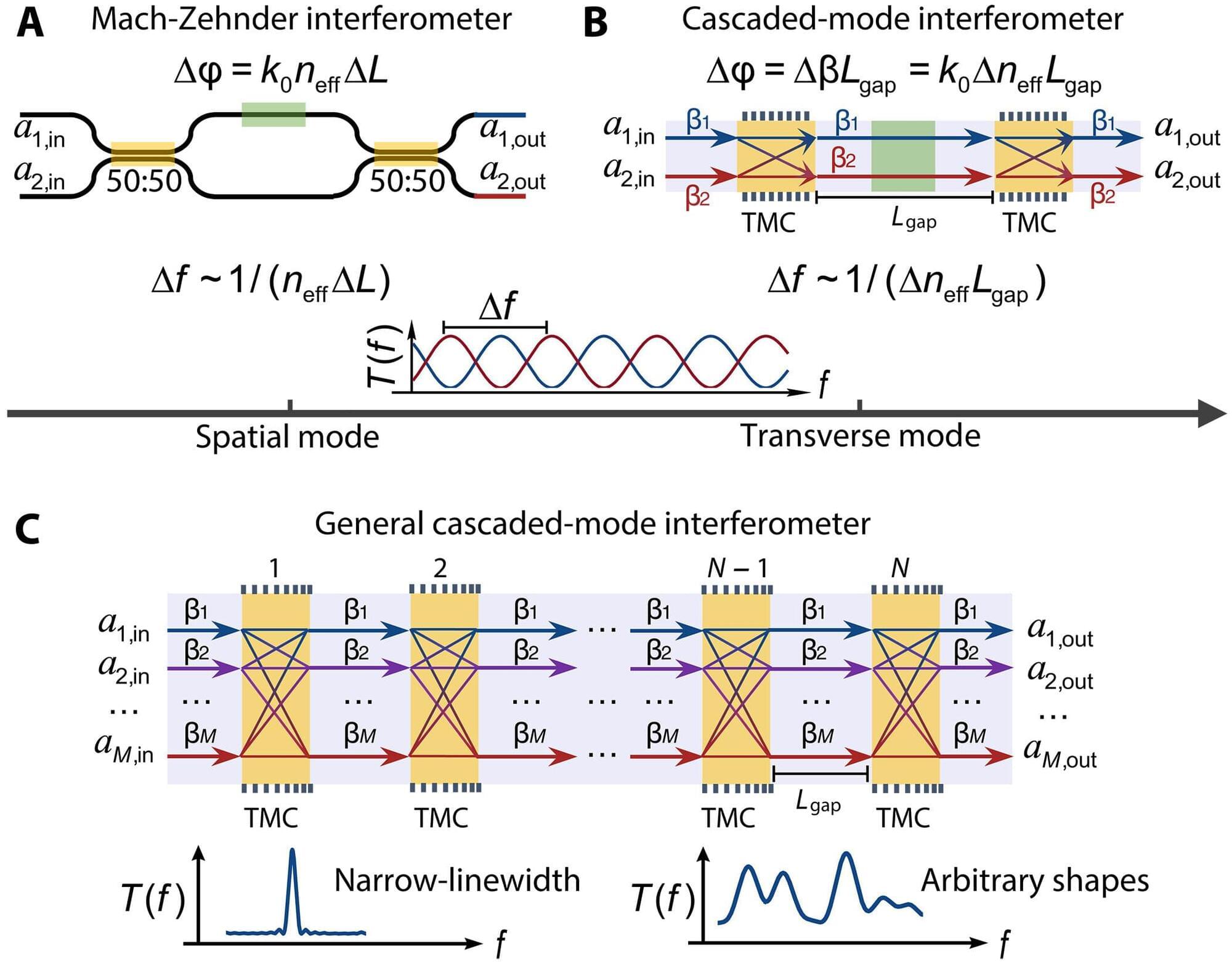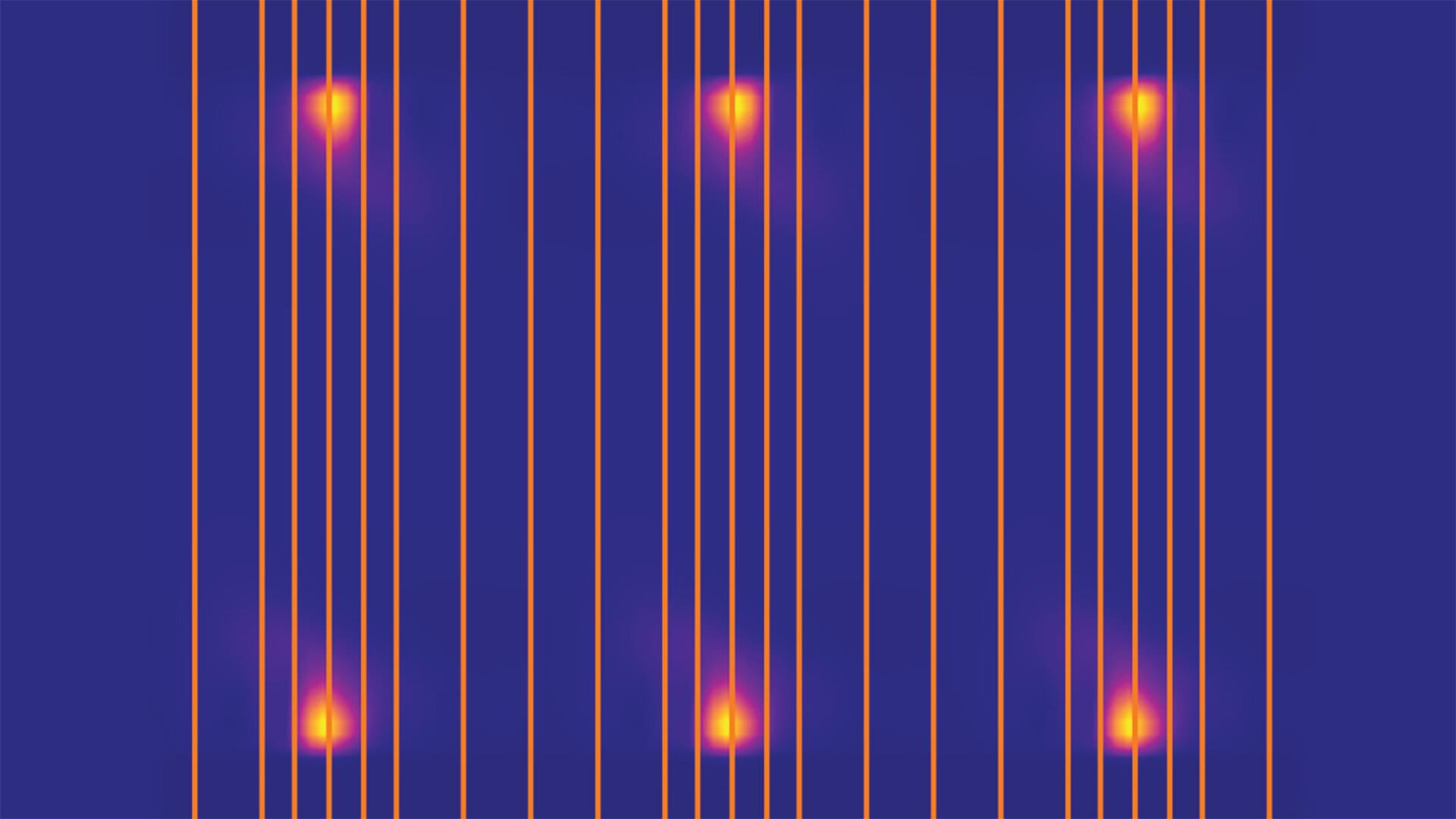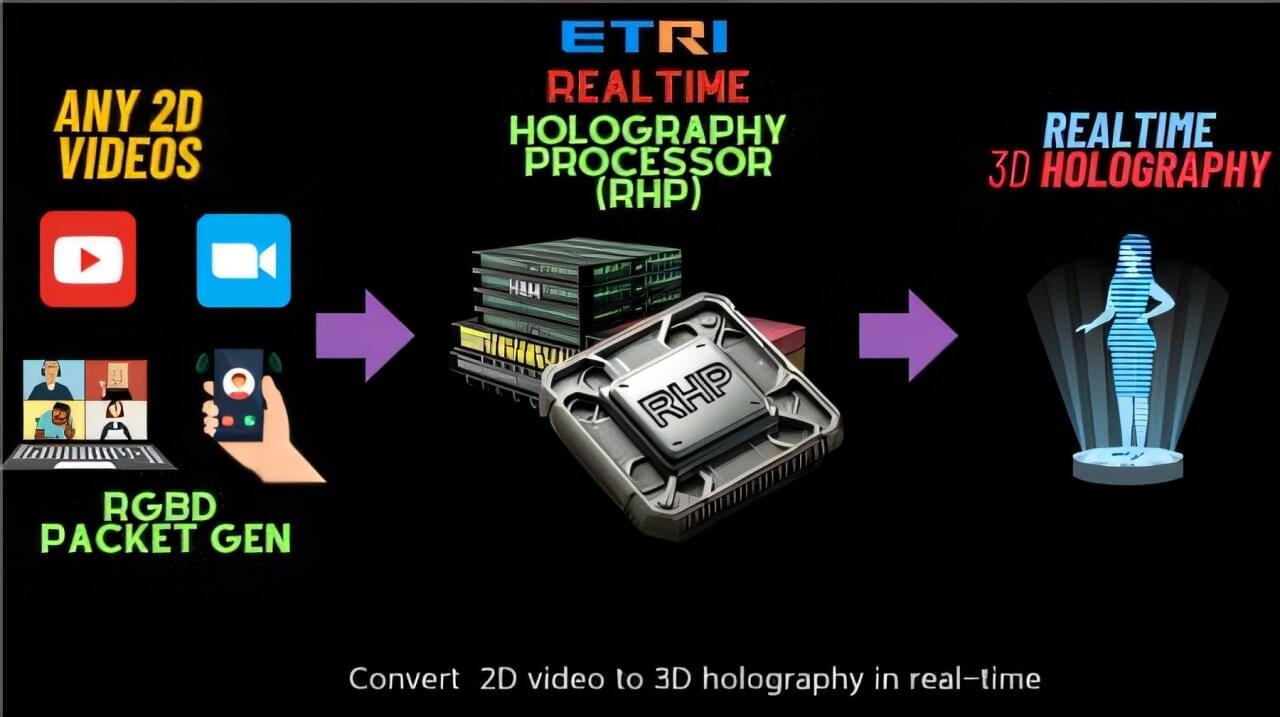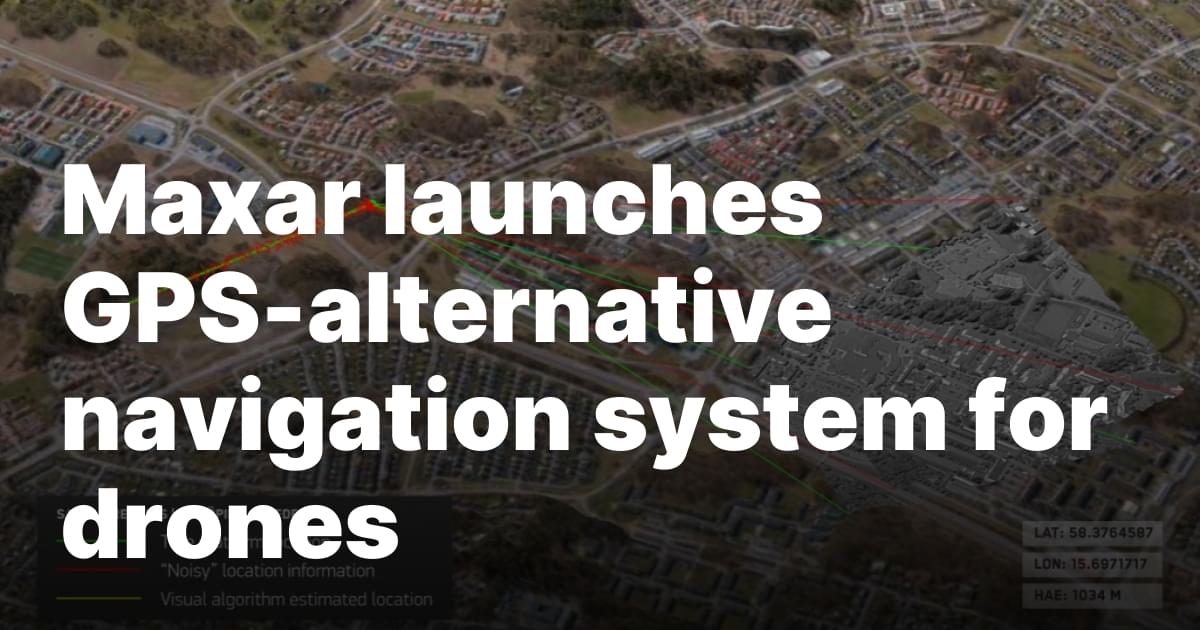By way of an answer, I’ll offer one of the physicist Richard Feynman’s most famous dictums: What I cannot create, I do not understand. For much of its history, biology has been a reductionist science, driven by the principle that the best way to understand the mind-boggling complexity of living things is to dissect them into their constituent parts—organs, cells, proteins, molecules. But life isn’t a clockwork; it’s a dynamic system, and unexpected things emerge from the interactions between all those little parts. To truly understand life, you can’t just break it down. You have to be able to put it back together, too.
The C. elegans nematode is a tiny worm, barely as long as a hair is wide, with less than a thousand cells in its body. Of those, only 302 are neurons—about as small as a brain can get. “I remember, when my first child was born, how proud I was when they reached the age they could count to 302,” said Netta Cohen, a computational neuroscientist who runs a worm lab at the University of Leeds. But there’s no shame in smallness, Cohen emphasized: C. elegans does a lot with a little. Unlike its more unpleasant cousins, it’s not a parasite, outsourcing its survival needs to bigger organisms. Instead, it’s what biologists call a “free-living” animal. “It can reproduce, it can eat, it can forage, it can escape,” Cohen said. “It’s born and it develops, and it ages and it dies—all in a millimeter.”
Worm people like Cohen are quick to tell you that no fewer than four Nobel Prizes have been awarded for work on C. elegans, which was the first animal to have both its genome sequenced and its neurons mapped. But there’s a difference between schematics and an operating manual. “We know the wiring; we don’t know the dynamics,” Cohen said. “You would think that’s an ideal problem for a physicist or a computer scientist or a mathematician to solve.”


